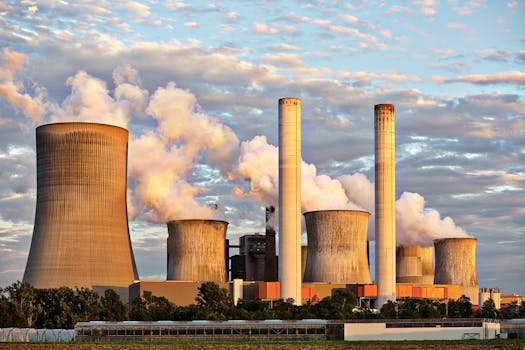
With escalating tensions between Iran and Israel raising fears of nuclear confrontation, recent military actions by Israel have focused solely on military targets to minimize escalation risks. While the U.S. does not believe Iran possesses nuclear weapons, it recognizes the potential for nuclear capability development without provocation.
In light of these concerns, there is increased interest in preparedness for nuclear events. Switzerland recently announced plans to modernize its bomb shelters, reflecting global security apprehensions. Research indicates that the safest locations within buildings during a nuclear blast include sturdy structures and corners away from windows and doors, which are the most vulnerable to shockwaves.
The U.S. government suggests seeking immediate shelter indoors upon nuclear alerts, preferring concrete-reinforced buildings for better protection. Additionally, underground spaces, such as basement levels or subway tunnels, are deemed safer than above-ground accommodations.
Meanwhile, studies have identified several countries as having higher chances of surviving a nuclear war, with Argentina, Australia, and Iceland cited as potential safe havens due to their agricultural resilience and geographical isolation. Antarctica is also considered extremely remote and safe from nuclear threats.



